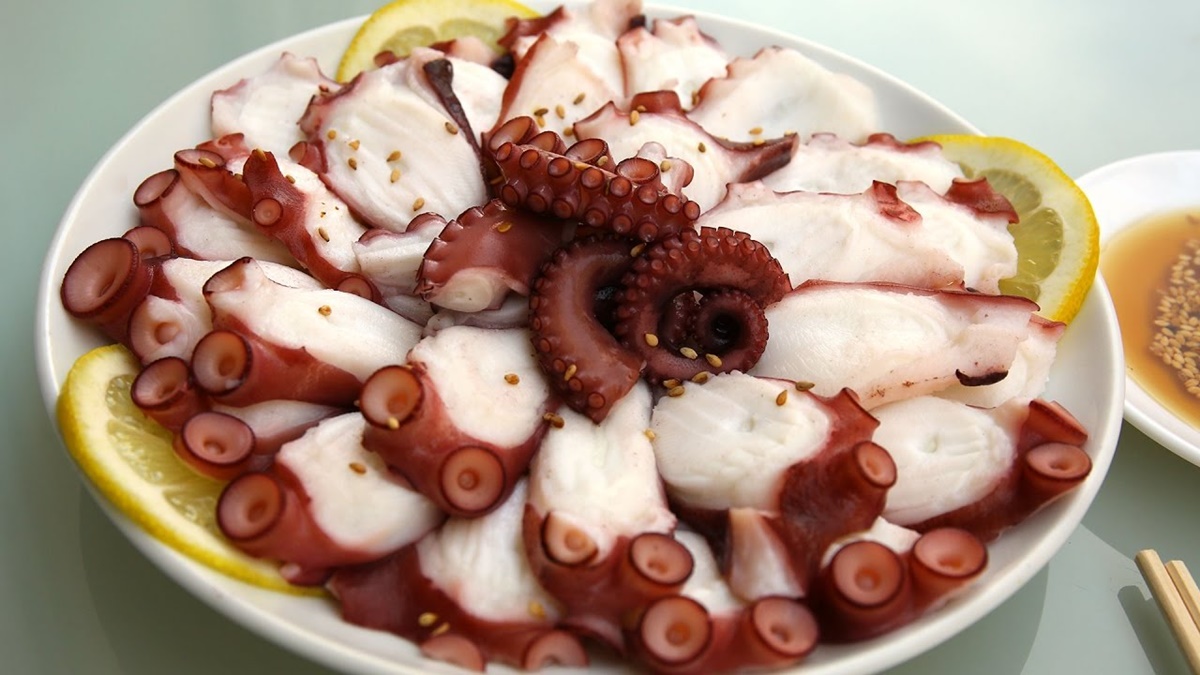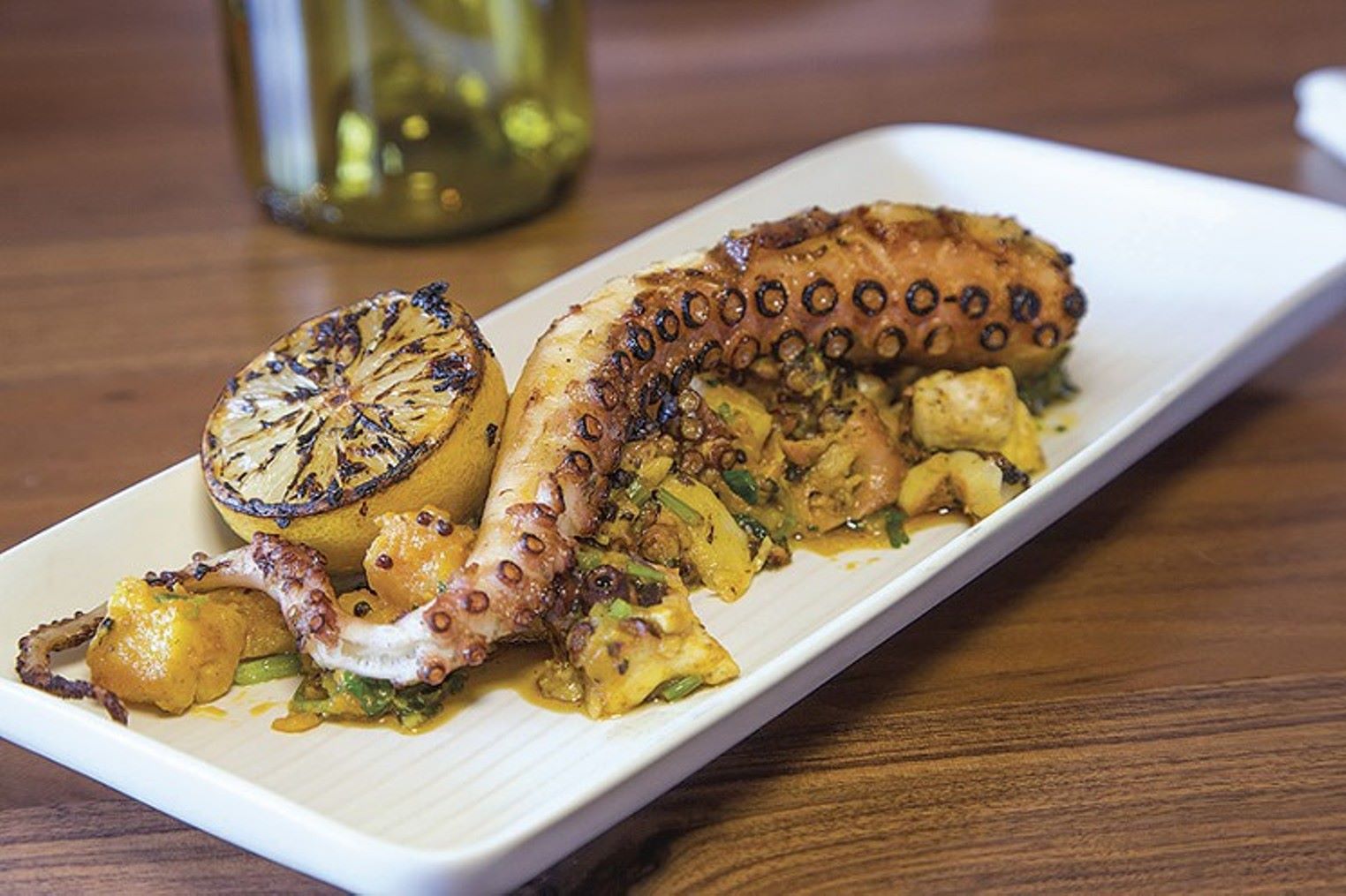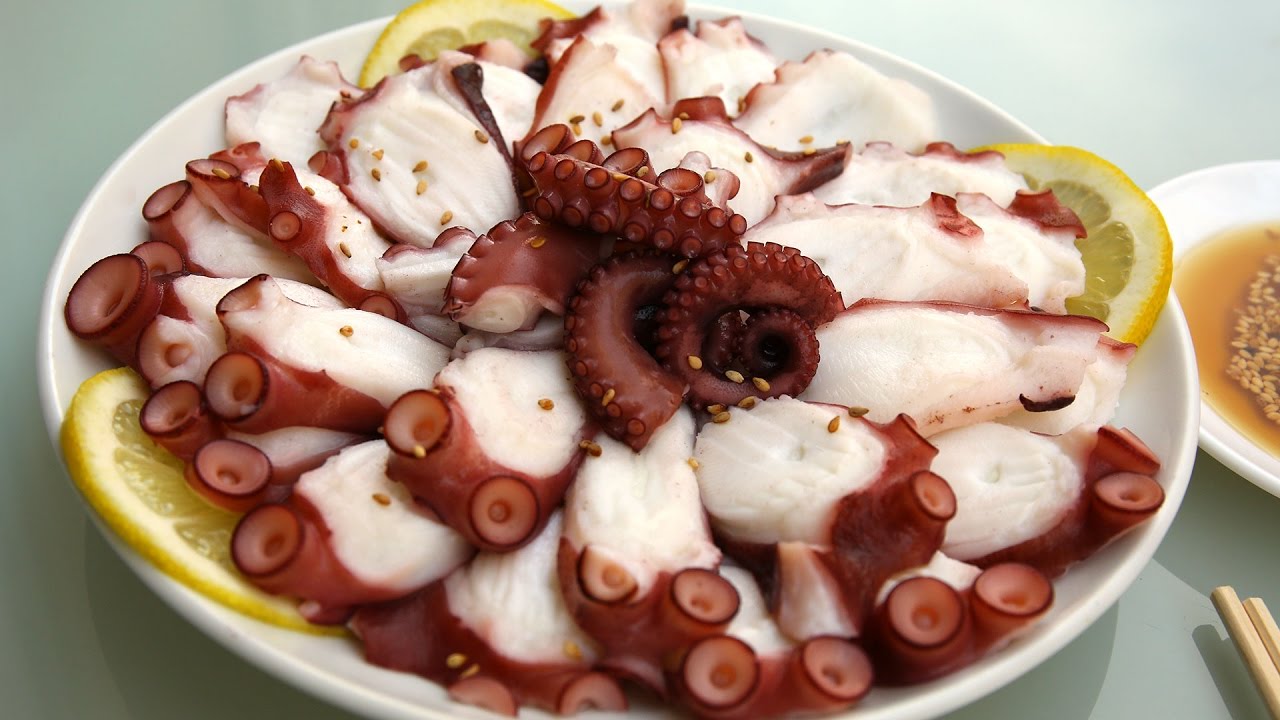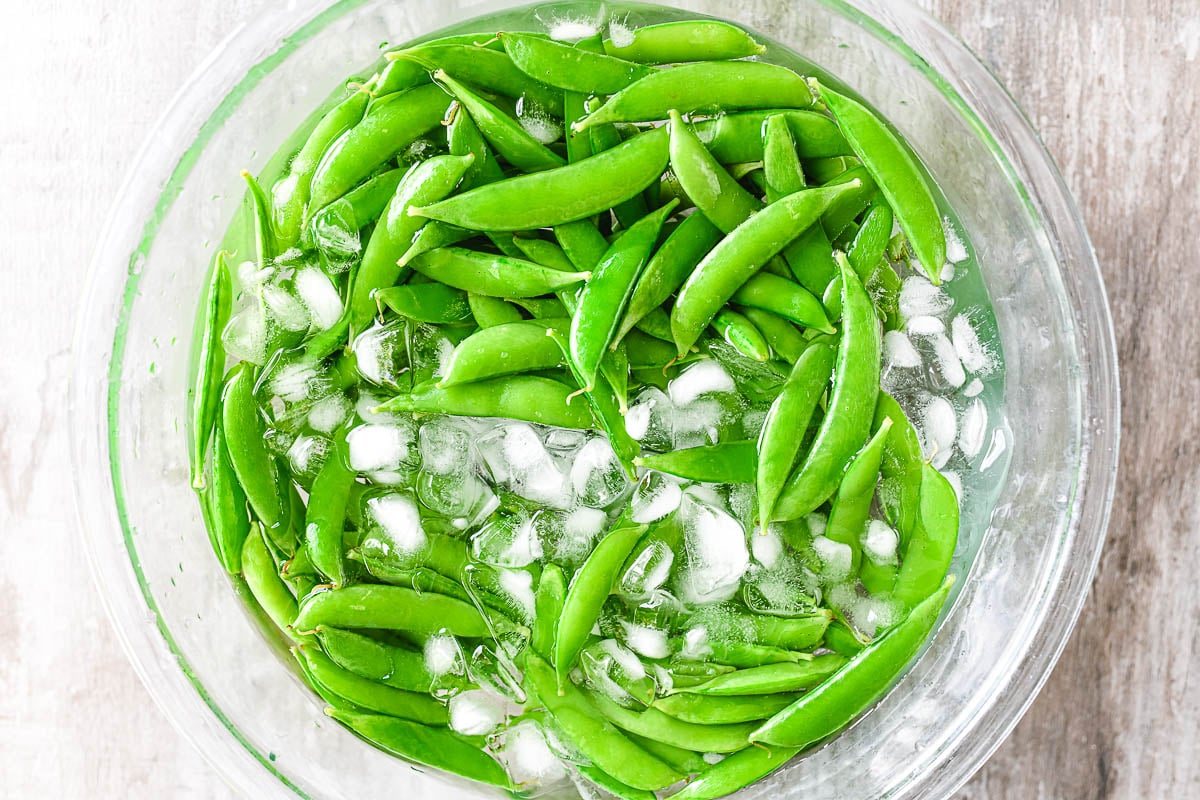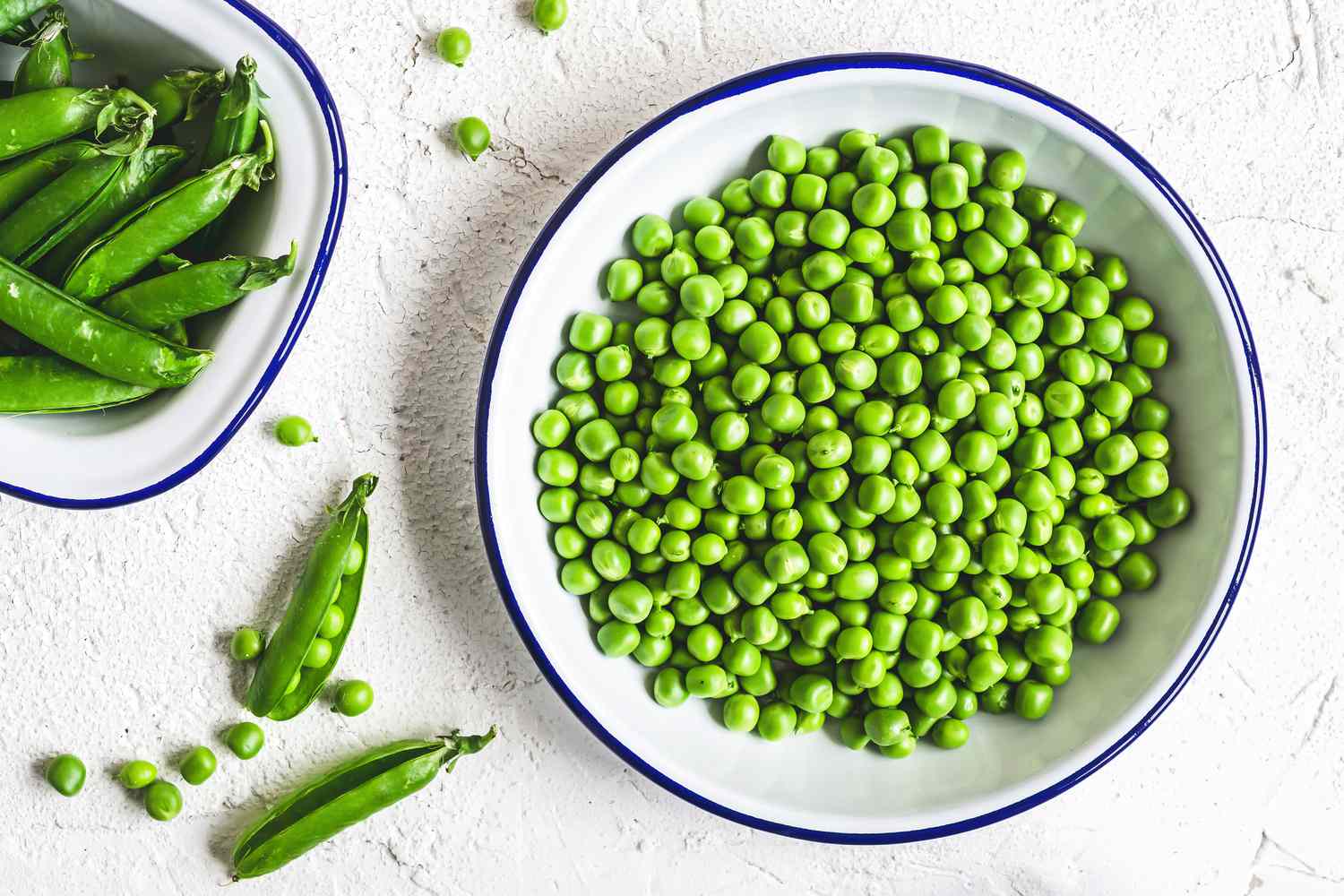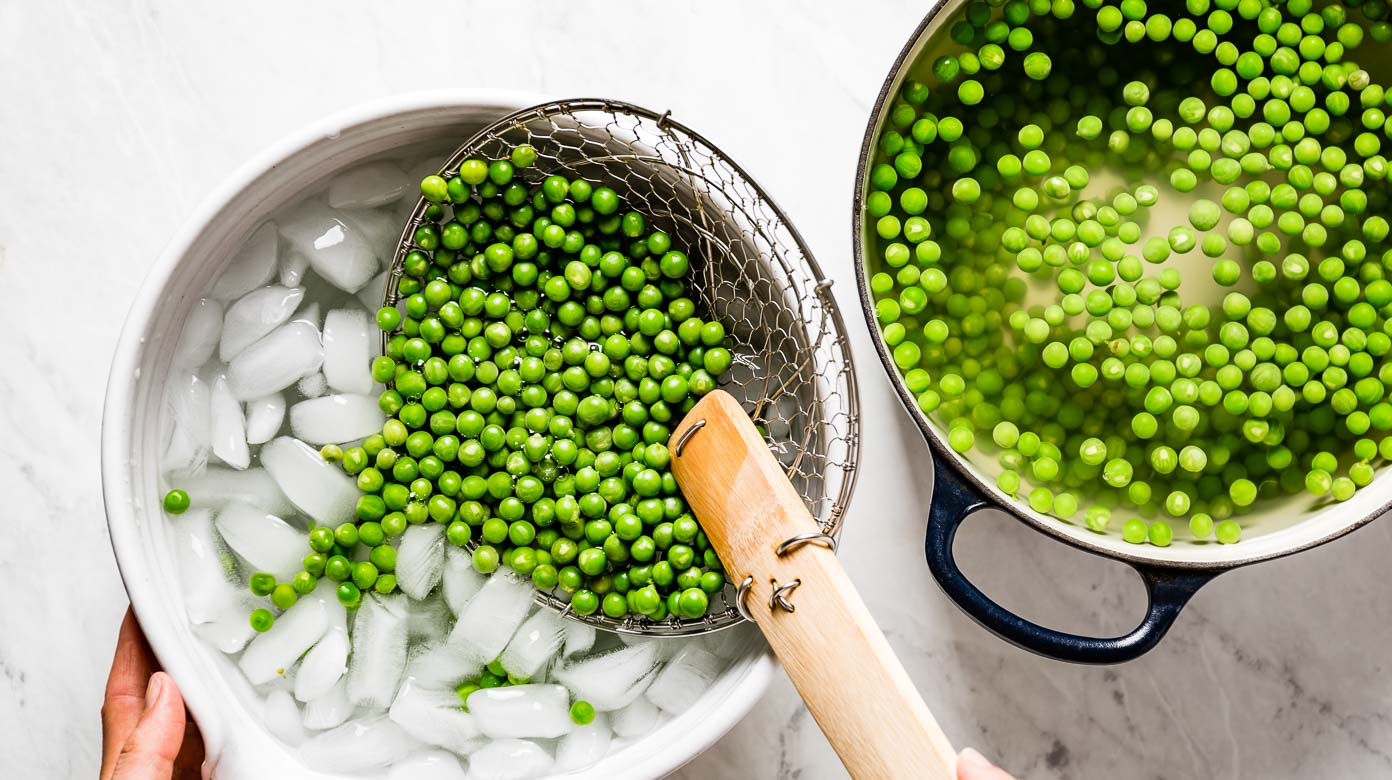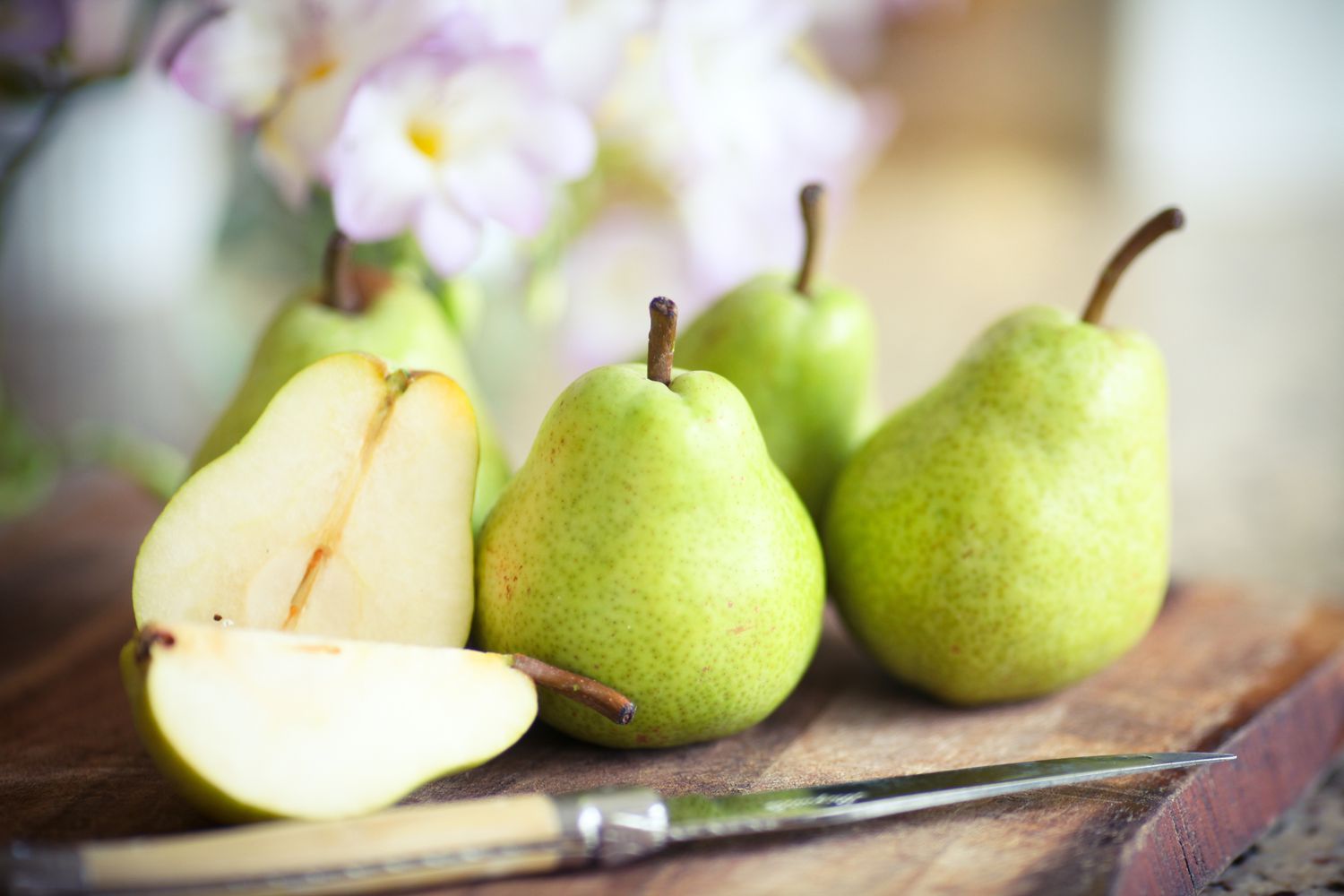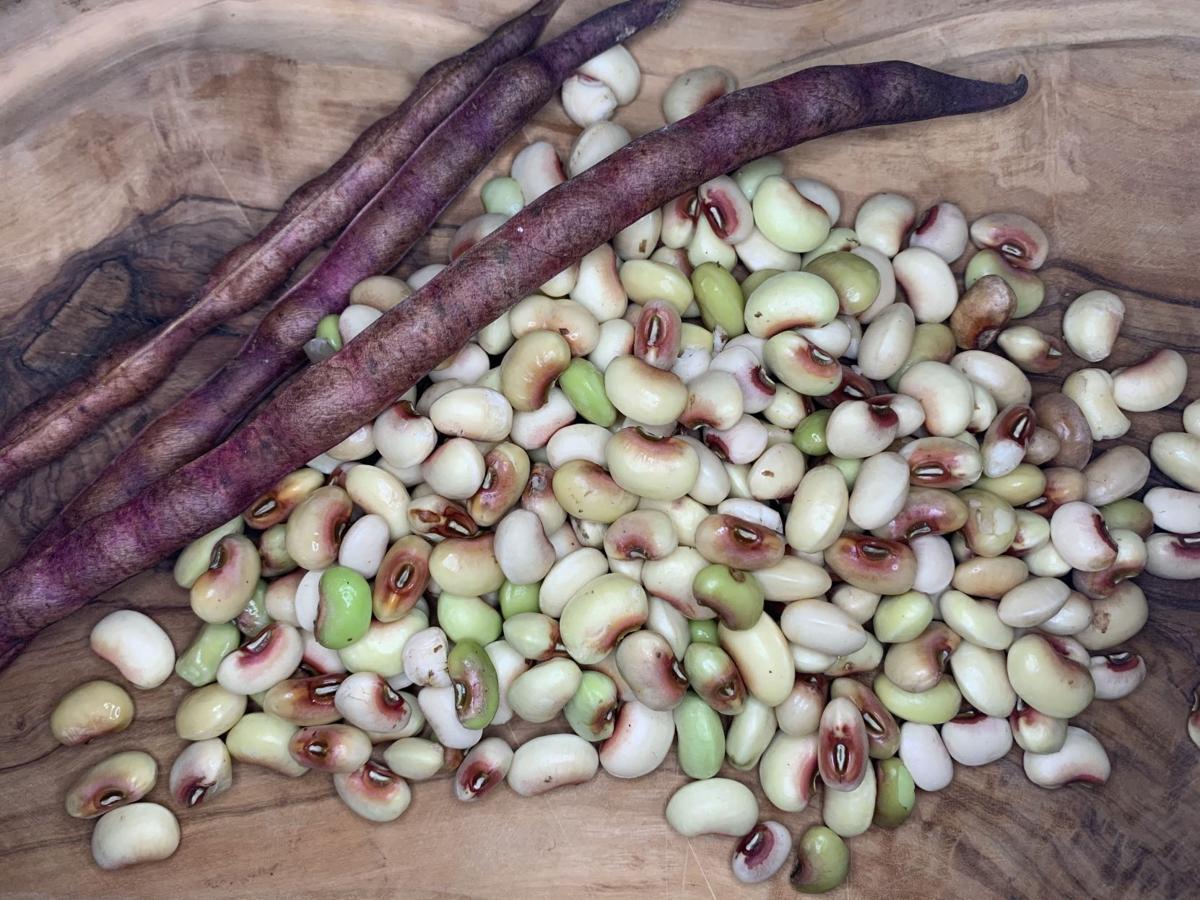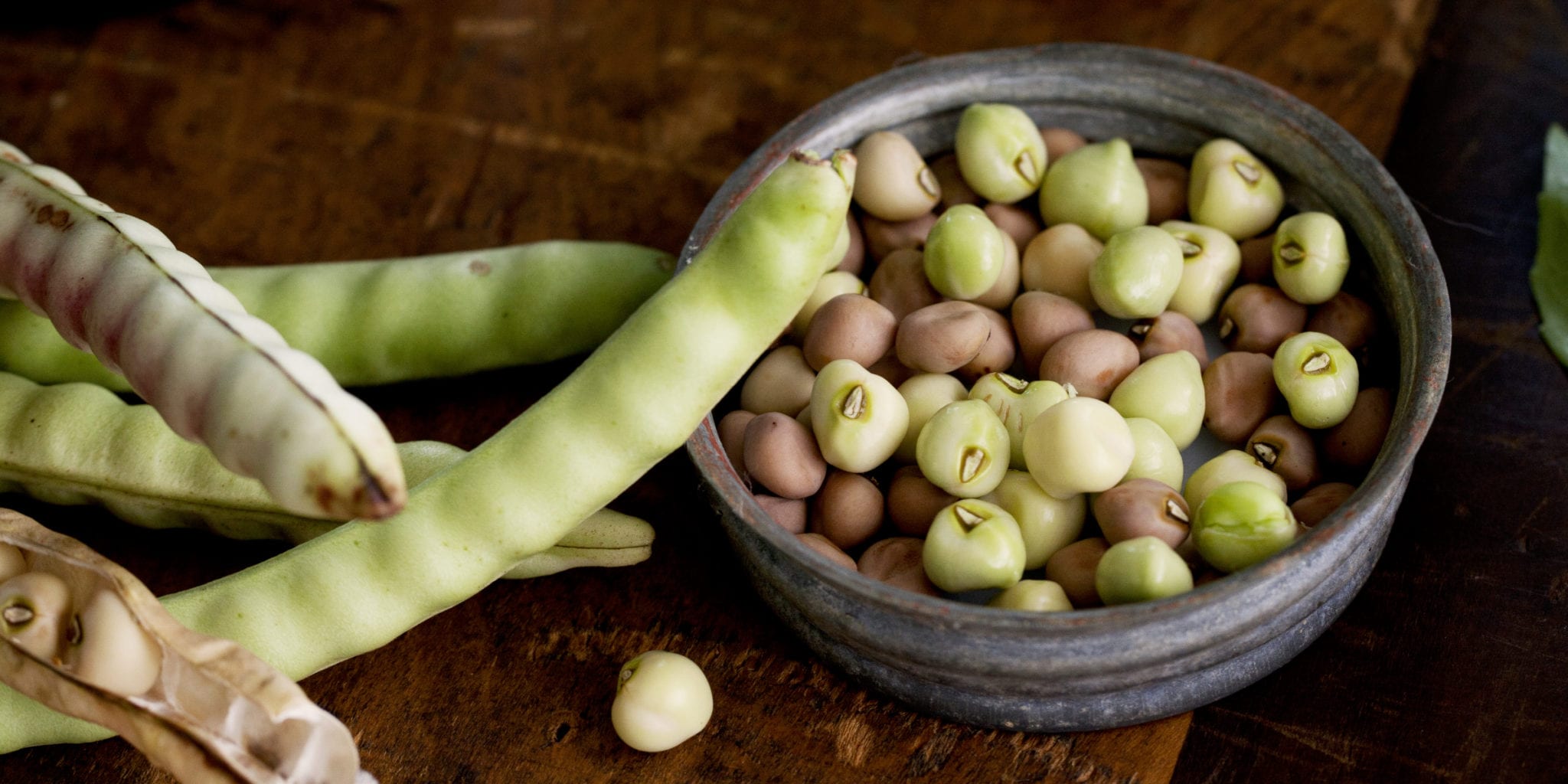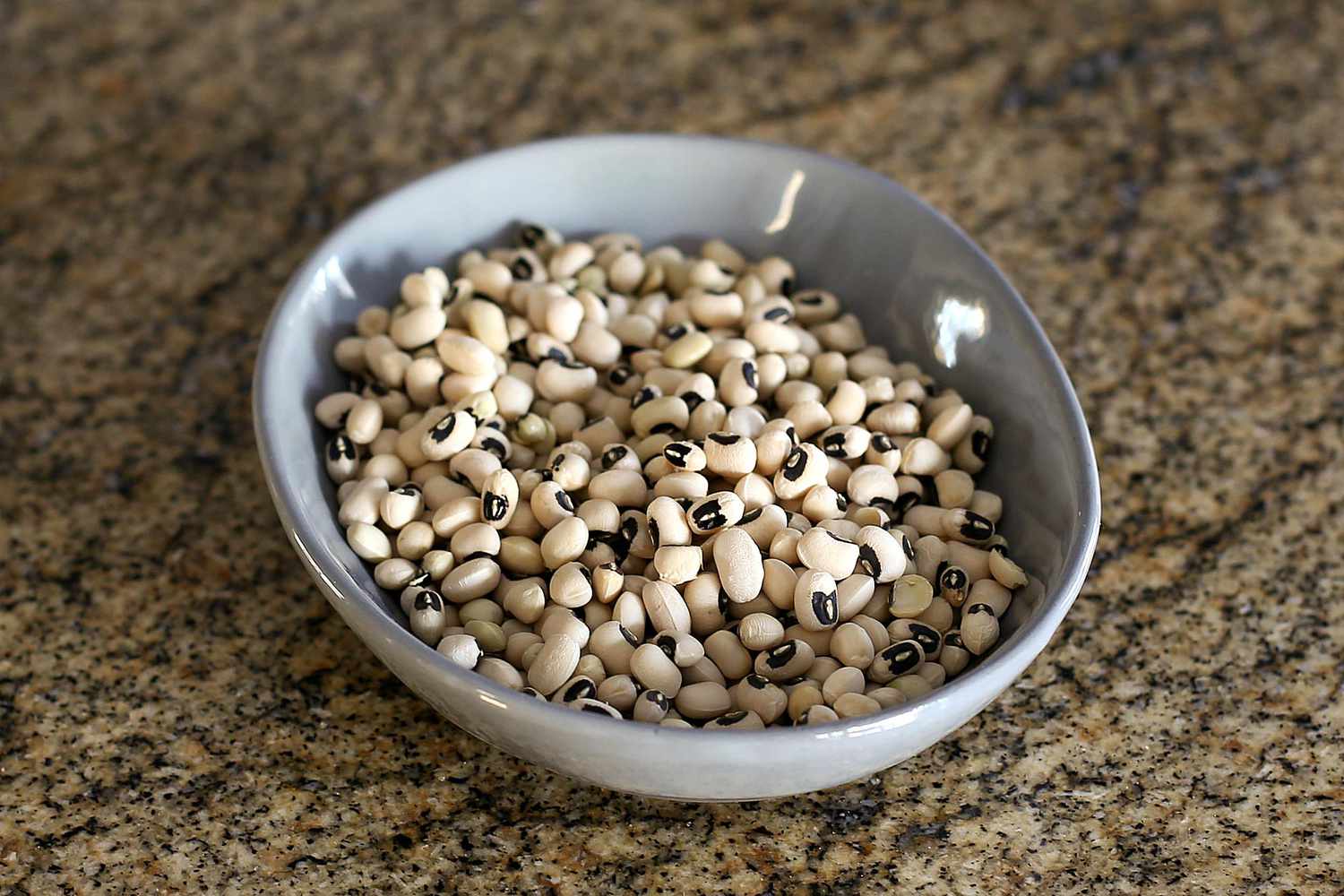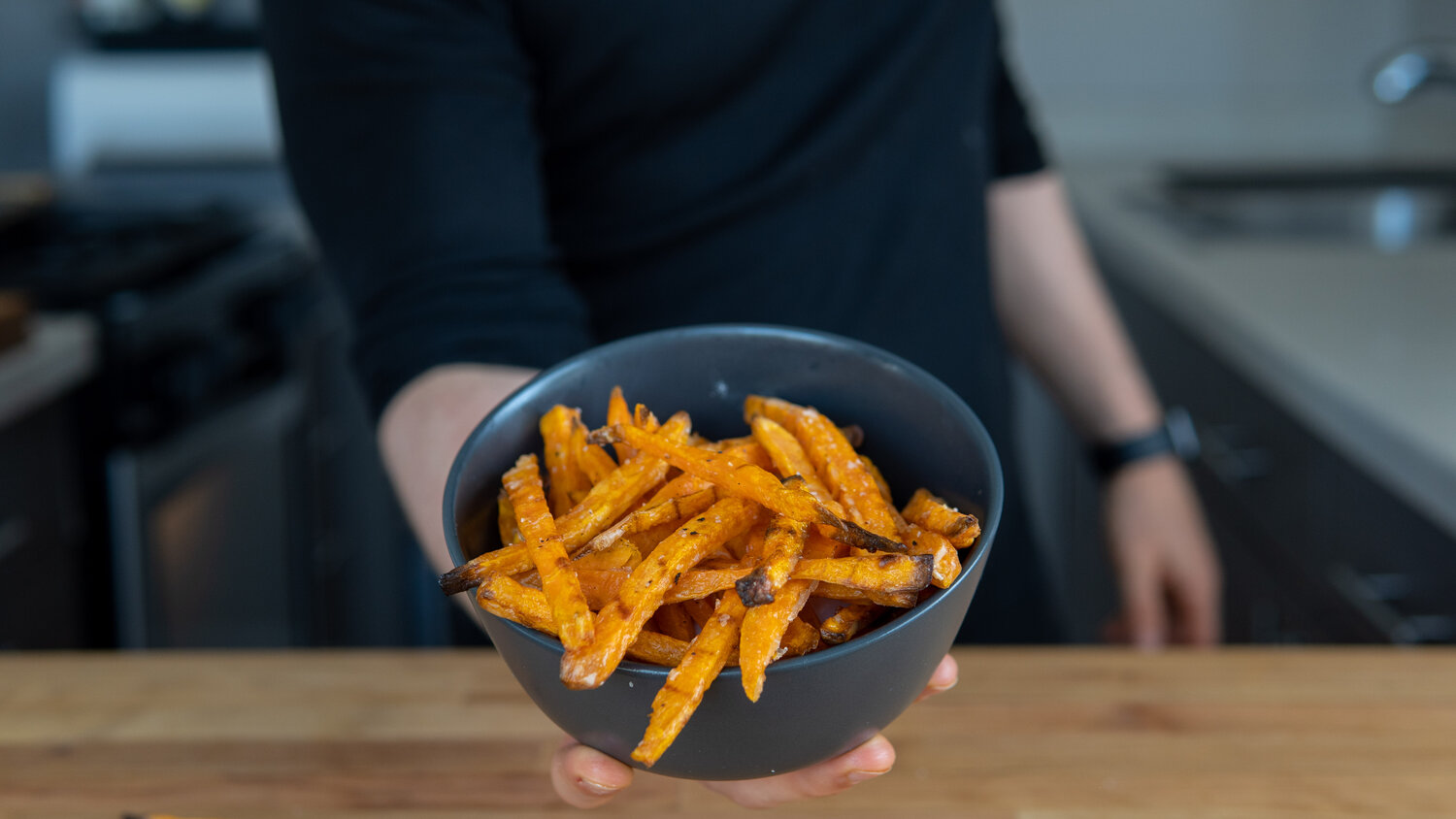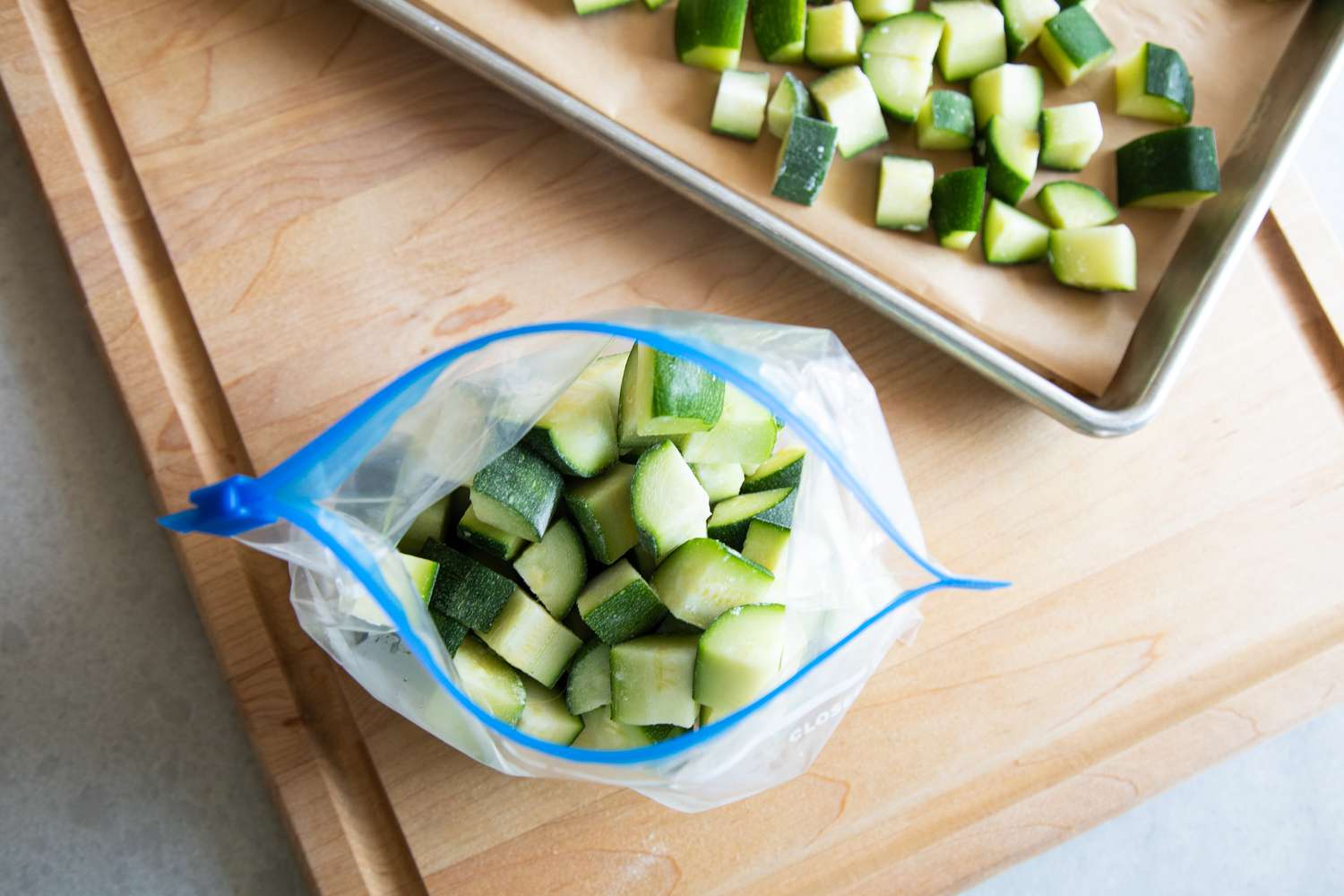Blanching Octopus: A Step-by-Step Guide
Octopus is a delicious and versatile seafood that can be prepared in a variety of ways. One popular method for preparing octopus is blanching, which involves quickly cooking the octopus in boiling water before using it in a recipe. Blanching not only helps to tenderize the octopus but also brings out its natural flavors. If you’re new to cooking octopus or simply looking for a refresher on blanching techniques, you’ve come to the right place. In this guide, we’ll walk you through the steps to blanching octopus like a pro.
Step 1: Prepare the Octopus
Before blanching the octopus, it’s important to properly prepare it. Start by cleaning the octopus, removing any residual ink, and ensuring that the beak at the center of the tentacles is removed. Rinse the octopus thoroughly under cold water to remove any remaining debris.
Step 2: Bring a Pot of Water to a Boil
Fill a large pot with water and bring it to a rapid boil over high heat. Adding a pinch of salt to the water can enhance the flavor of the octopus as it cooks.
Step 3: Blanch the Octopus
Once the water is boiling, carefully lower the prepared octopus into the pot using tongs or a slotted spoon. Blanch the octopus for 2-3 minutes, or until the tentacles curl and the flesh turns opaque.
Step 4: Shock the Octopus
After blanching, immediately transfer the octopus to a bowl of ice water to stop the cooking process. This step, known as shocking, helps to lock in the octopus’s tenderness and prevents it from becoming tough.
Step 5: Dry the Octopus
Once the octopus has been shocked, remove it from the ice water and pat it dry with paper towels. Your blanched octopus is now ready to be used in your favorite recipes, such as grilled octopus salad, octopus ceviche, or a classic seafood pasta dish.
Tips for Perfectly Blanched Octopus
- Use a sharp knife to remove the beak from the center of the octopus’s tentacles before blanching.
- For added flavor, consider adding aromatics such as bay leaves, peppercorns, or citrus peels to the blanching water.
- Blanching the octopus for too long can result in a rubbery texture, so be sure to monitor the cooking time closely.
- For a charred and smoky flavor, grill the blanched octopus after patting it dry.
Now that you’ve mastered the art of blanching octopus, you can confidently incorporate this tender and flavorful seafood into your culinary repertoire. Whether you’re hosting a dinner party or simply craving a taste of the sea, blanched octopus is sure to impress your taste buds and those of your guests.
Happy cooking!
For those eager to put their new octopus blanching skills to use, there are several fantastic recipes to try. The Octopus and Chickpea Stew is a hearty option that pairs the tender meat with rich, earthy flavors. Octopus Ceviche offers a refreshing, zesty dish perfect for warm weather. If you're in the mood for something with a bit more heat, Spicy Octopus Tacos provide a delightful kick. For a light and elegant appetizer, Octopus Carpaccio showcases the delicate texture of the blanched octopus. Finally, Grilled Octopus Salad combines smoky charred pieces with fresh greens for a well-balanced meal. These recipes not only highlight the versatility of blanched octopus but also promise to delight your taste buds.
